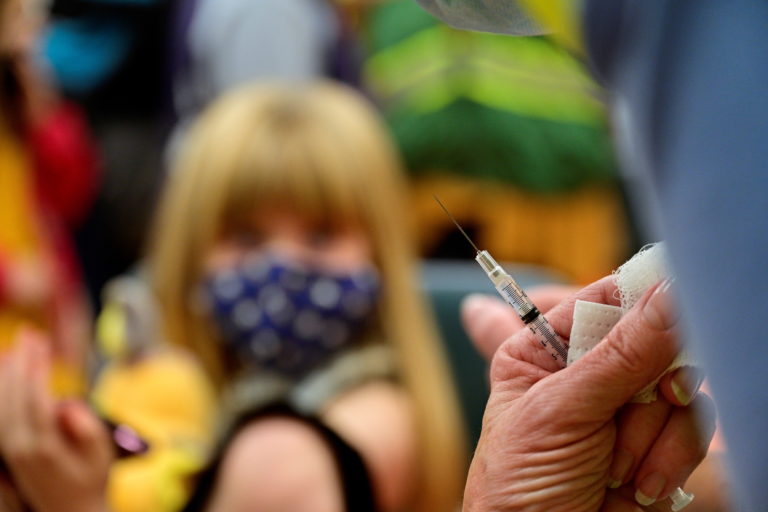Diana Berrent, Founder, Survivor Corps:
Our members are going through hell. Just surviving COVID doesn't mean recovery from COVID. And they are experiencing things as dramatic as Parkinsonian-like tremors, and feelings of inner vibrations that are causing them to not be able to sleep, extreme neuropathic pain that mimics advanced diabetes.
We are getting suicide threats daily. People are losing hope.
I'm overwhelmed with fear about the sheer number of people who have been affected by COVID. And the more we realize that it is also a neurological disease, it really should put the fear of God into everybody.
My biggest fear, that is, in 10 years, we see a group of 30-year-olds coming — being diagnosed with neurodegenerative diseases, and we are not tracking them. We have no registry. And we have no road to therapeutics or treatments.
My 11-year-old lost one of his front adult teeth, nine months after COVID, an average, mild case of kid COVID. Mild. There is no mild case of COVID. One of his front adult teeth fell out, unprompted, with no blood loss, from vascular damage to COVID.
Even if you have already had COVID and you have recovered, even if you have had COVID and been boosted, you are still at risk of getting it again.
Our members are suffering. They need help. They need treatments. They need therapeutics. And we need to make sure that science is moving at warp speed to treat these people.












